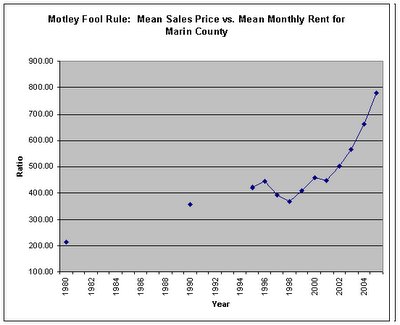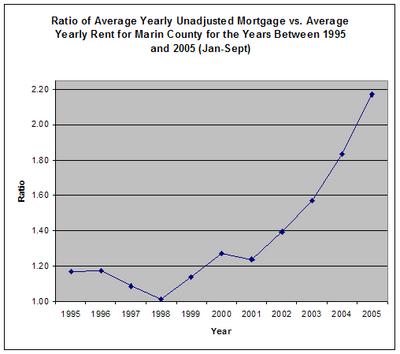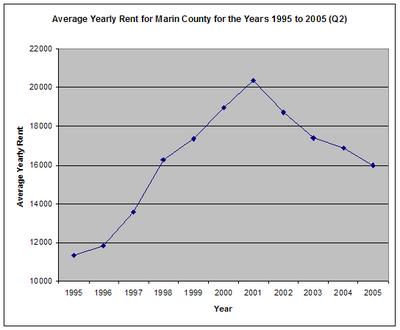David Lereah, chief economist with the National Association of Realtors, has done a complete 180 degree about-face and is saying that he cannot rule out a "hard landing" for those real estate markets that are experiencing a bubble. What a hypocrite. Of course, he is blaming it all on the proposed reductions in the mortgage tax deductions. But IMO (maybe you disagree) he is using it as a way to cover his arse as he knows a hard landing is more than likely.
Some choice quotes:
""We are projecting a significant drop in the price appreciation pace," Lereah said."
""Some markets are more susceptible to interest rate risks and shock," he said. "I cannot guarantee that there will be no hard landings.""
""The country is really unbalanced when it comes to the price of a home," Lereah said. "The boom has really discriminated across America.""
"Many cities are already transitioning from a sellers' market to a buyers' market. And the time it takes to sell a house is increasing in many cities."
""The biggest risk I see right now in California and other parts of the U.S. is the element of risk introduced by adjustable-rate mortgages and interest-only loans and negative amortization loans," he [Lereah] said."
"Lereah said among the real threats to the continued health of the housing market are proposals in Washington to cut tax deductions for home mortgage interest and property taxes."





